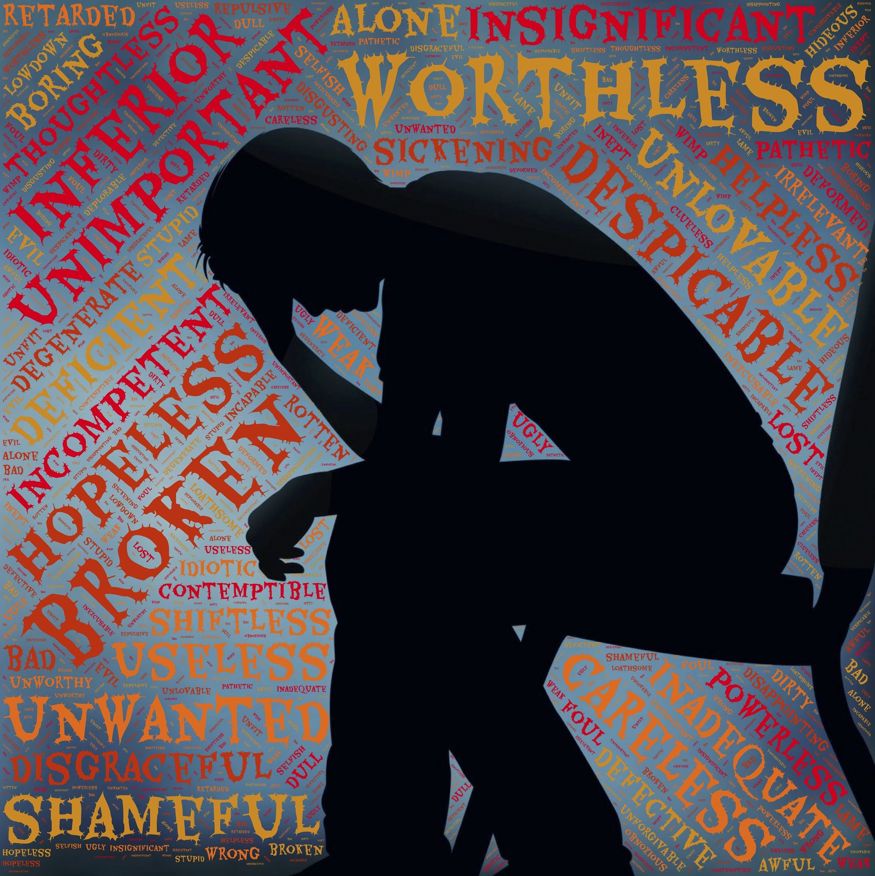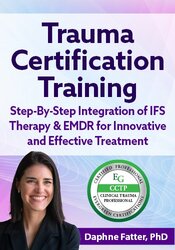Enrol in an online course today for flexible, self-paced learning—no fixed schedule required. Plus, enjoy lifetime access to course materials for convenient revisiting.
Therapist Shame: How to Recognise and Reduce it

Therapist shame in the practice of psychotherapy is grossly under-discussed. At a major conference on countertransference, I noticed that none of the pre-eminent speakers mentioned their struggles in a session. Yet we all have them, no exceptions. When we disown our shame, we limit our connection to others. Healthy shame links us to our common humanity, and toxic shame shrinks us. Having trained or lectured hundreds of therapists and knowing many intimately, including trainers, I can confidently say that such shame inhibits all of us at times. And though often we are highly aware of our shame, frequently we are not.
So how do we recognise that shame is operating within us as we work with our clients? And how do we help ourselves in these moments? I introduce the ‘Healing Triad’ as a path to reduce shame in my new book.
We have to be able to name shame to tame it. Shame thrives in the darkness, and unattended shame is shame gone wild. As we track our shame, it may slither away. The first element of the ‘Healing Triad’ is therefore awareness of all of our shame’s manifestations, including our devaluing and self-doubting thoughts, our specific, uncomfortable body sensations, our vocal tone and speech patterns, and our emotions. These might include:
• Obvious physical signs of shame are blushing, turning away from a client’s gaze, or a slumped body.
• Shame also lurks alongside anxiety and can manifest as shortness of breath, sweating, and cognitive impairment. Our speech may slow down or speed up. We can feel ourselves straining to perform.
• When a client is contemptuous or defiant, our vocal tone may become clipped or hostile to defend against a sense of inadequacy.
• We may change an anxiety-provoking topic, like a client’s sexual attraction toward us. Perhaps we fear humiliation due to uncertainty around how to respond.
• We attack ourselves for common mistakes and inevitable adverse outcomes, and torture ourselves with unfavorable comparisons to other clinicians.
Numerous practitioners have shared the last of these observations with me. One therapist said to me, looking down at the floor, “I have to up my game”. If she had framed this to herself as a goal, her shame would not have been toxic.
As we notice the signs of our distress, we must also be willing to bring a spirit of compassion to our suffering. We are good people who care about others. All of us have blind spots, and our consciousness unfolds according to its own timetable. Are we willing to trust our process and simply do our best in one of the most complex and personally challenging jobs in the world?
We can gently notice when we withhold compassion from ourselves, and when a harsh taskmaster takes glee in its brutality. Occasionally, we must turn to others and ask for help. Dr. Scott Miller gave me the following quote: ‘Decades of outcome research tells us that the average treated person in psychotherapy, regardless of the approach used and across a wide variety of disorders, is better than 80 per cent of the untreated sample’. We have reason to appreciate ourselves regardless of our limitations.
Our compassion must reach a tipping point to unleash the mysterious power of will or intention to separate from our toxic shame. It’s in our DNA to feel shame and also to transcend it. Those powers reside in us. How many times have I believed I would die from shame or humiliation, and yet here I sit propped up on my pillows, happily writing this message to you!

















